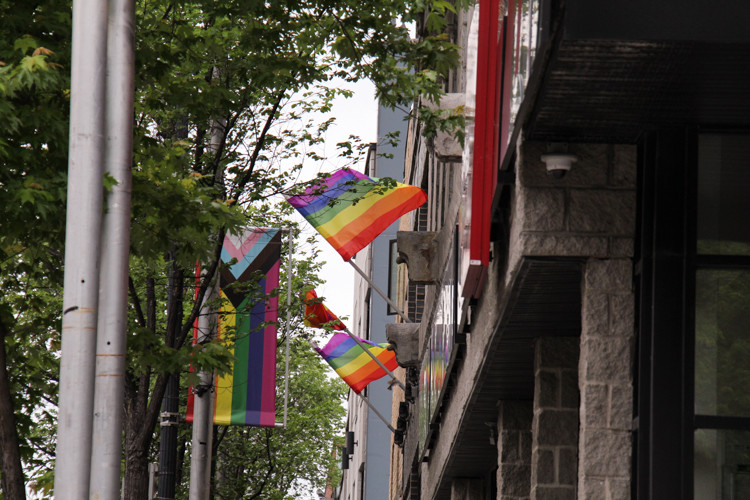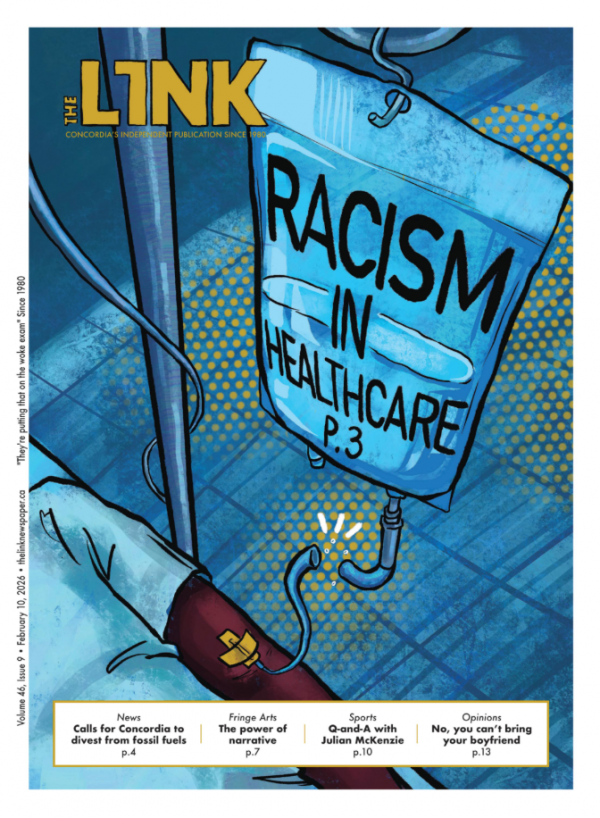June is not pride month
Performative allyship succeeds only in appropriating queer symbols
June isn’t really pride month, is it? I mean, Montreal Pride happens each year during the first week of August. And although Festival Fierté Montreal organizes a few events throughout June, most happen in August around the same time as the Pride Parade.
June is the month where corporations like Netflix—who recently came under fire for premiering Ricky Gervais’ transphobic special SuperNature—pretend to be allies to the very community they harm every other month of the year. Corporations think changing their logo to the pride flag, temporarily yassifying them, will make us forget every single queerphobic scandal they continue to be involved in.
Allyship is a status that is earned, not claimed. One becomes an ally by having an impact on a marginalized community, not by appropriating their symbols to increase profits. For example, making LGBTQA+ merchandise for the sake of making money is appropriation if none of the revenue goes towards uplifting the community. Rainbow capitalism, a marketing strategy that targets the LGBTQA+ community under the guise of empowering us, does nothing but help CEOs get richer off of performative allyship and commodity fetishism—the rainbow stops being a symbol of gay liberation and instead becomes a means for the rich to exploit the very community it is claiming to uplift. The irony is not lost on us.
Among the corporations that claim to participate in Pride, I’ve only noticed one that has had any real impact on the trans and non-binary community. In 2019, MasterCard became the first credit card company to allow trans and non-binary people’s chosen name—instead of legal name—to appear on their credit and debit cards; however, this option was only brought to Canada in March of this year. I guess MasterCard could be the only company allowed to change their logo to a pride flag during the month of June, but what took this so long to come to Canada?
Instead of receiving fake allyship during one month of the year, what the queer community wants is continued real allyship throughout the year. For example, the 2020 Netflix original Disclosure was a strong display of allyship; nonetheless, it was undone by every other transphobic Netflix original such as the aforementioned SuperNature. Consistency is a much better indicator of allyship than empty, performative logo changes.







_600_375_90_s_c1.jpg)